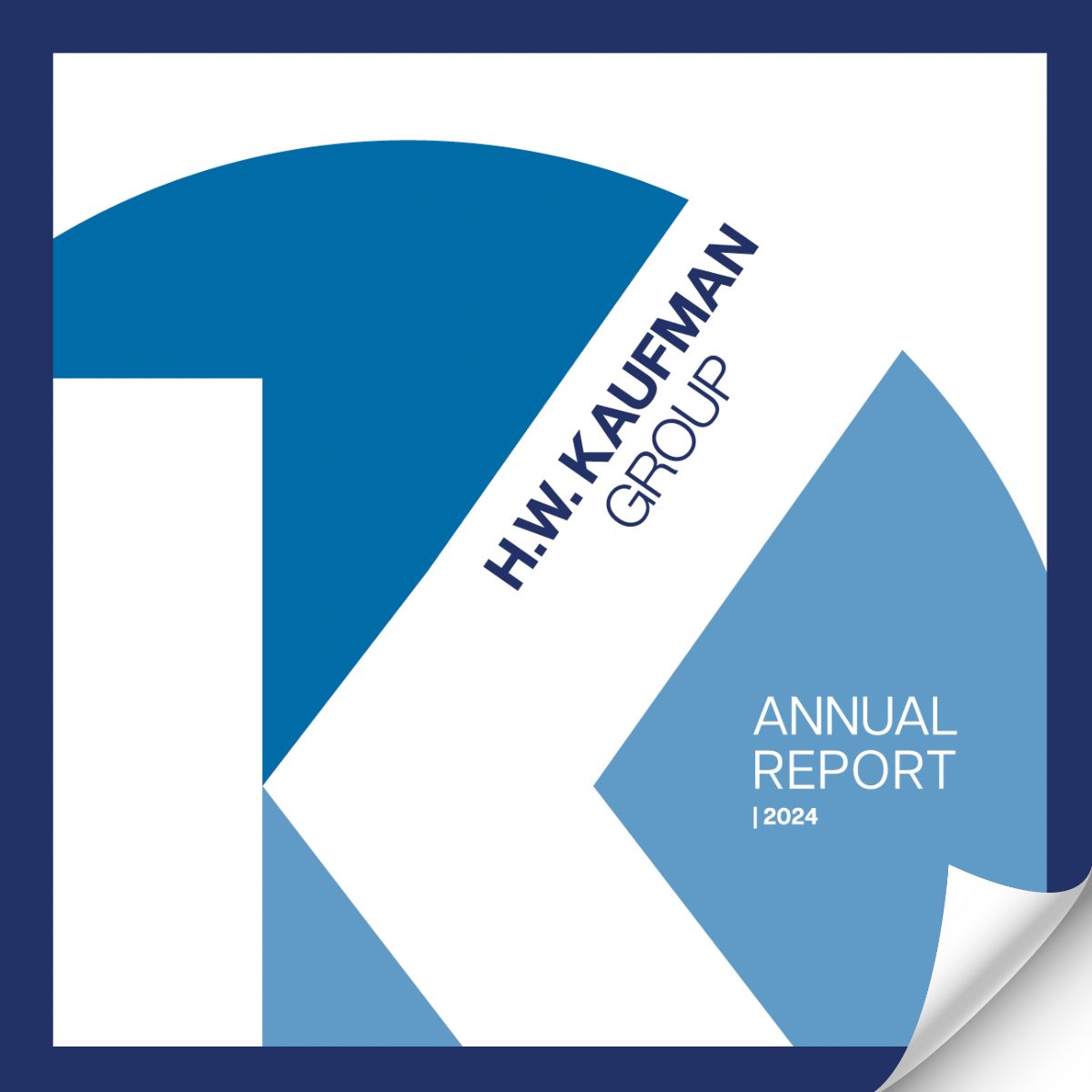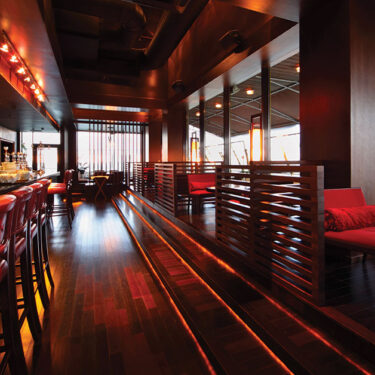A catering company in Missouri is facing at least four lawsuits after an E. coli outbreak sickened more than 100 individuals, including multiple students from schools in St. Louis County. The outbreak was initially linked to five different events catered by the company between Nov. 6-9, including two school band events, two funerals and a veterans’ event, KSDK-TV reported.
Featured Solutions
“Foodborne illness outbreaks happen more often than one might expect, but usually on a smaller scale and they are not broadcast in the media,” said Roger Maharaj, Senior Underwriter, Commercial Insurance, Burns & Wilcox, Tampa, Florida. “Most individuals recover quickly, but occasionally it can be very serious and even fatal.”
The owner of the catering company reportedly refutes responsibility for the outbreak, writing in a statement that he “adamantly” denies his business was the source of any illness, according to KSDK-TV. When a catering company is sued over a foodborne illness, its Commercial General Liability (CGL) Insurance can provide coverage for legal defense and other expenses.
“The owner mentioned all of the food safety controls that were in place, and those are all really good risk management practices,” said Michael Kilroy, Senior Underwriter, Commercial Insurance, Burns & Wilcox, Ottawa, Ontario. “This is just one of the multitude of exposures that exist for catering companies.”
Food poisoning claims can be catastrophic, regardless of fault
According to the latest report from Fox 2 St. Louis, lab testing done on salad samples from the catering company were negative. Even without determining the source of the outbreak, a catering company’s CGL Insurance would typically respond to this type of lawsuit, Maharaj explained.
“They may not find out how it happened, but at the end of the day, it does not really matter how it happened,” he said. “If the insured catering company provided a service, and the result of this service is that their customers got sick, the insurance carrier would generally have to respond regardless.”
An outbreak could put a catering company out of business or curtail their sales tremendously.
Whether or not the company is responsible for an outbreak, the fallout after a food poisoning claim or lawsuit can be significant, with reputational damage to the business potentially lasting years. After fast-casual chain Chipotle experienced issues with E. coli in 2015, sales dropped 14.6%, the New York Times reported in 2016.
“An outbreak could put a catering company out of business or curtail their sales tremendously,” Maharaj said. “If you look back at Chipotle and other restaurant chains that had foodborne illness outbreaks, their sales dropped dramatically. Consumers tend to be a little more skeptical, because they are afraid it is going to happen again.”
According to Kilroy, a catering company could face both direct and indirect damages following an allegation of foodborne illness. “Direct damages would include the cost associated with defending the accusation and going through the due process to quantify what happened, and remediation. Indirect damage for a client could come in terms of reduced sales, an inability to secure new catering contracts, and reputational damage,” he said. “They have to create a game plan to appease the minds of the general public that they are a reputable company deserving of continued opportunities.”
Although most CGL Insurance policies would cover this type of risk, “coverage is always subject to the terms and conditions of the policy, so every instance would be different,” Kilroy said, noting that communicable disease exclusions became more common during the COVID-19 pandemic. “That is why it is really important to be partnered with an insurance broker who can go over policy wording and cross-reference coverage against the business’s exposures.”
CGL Insurance policies “are very broad, generally speaking,” Maharaj added, but other possible exclusions could relate to food being consumed off-premises, for example. “Other policies might limit coverage to only a specific event,” he said.
Additional liability limits may be needed
The Centers for Disease Control and Prevention estimates that about 48 million Americans get food poisoning each year, causing 128,000 hospitalizations and 3,000 deaths. According to the Public Health Agency of Canada, approximately 4 million Canadians contract a foodborne illness annually, leading to about 11,600 hospitalizations and 238 deaths, CTVNews reported in 2023.
In a CDC study of 800 foodborne illness outbreaks associated with 875 retail food establishments in the U.S. between 2017 and 2019, caterers and mobile food units were responsible for 163 of the outbreaks. While it is unclear how many of these outbreaks led to lawsuits, legal action following this type of event is not uncommon. McDonald’s is currently facing at least one class-action lawsuit after an E. coli outbreak in October led to more than 100 cases in 14 states, including one death, WFTS Tampa Bay recently reported.
Excess Liability Insurance is also very good for the business owner’s peace of mind, so that in the event something happened, it would not put the company out of business.
Foodborne illness outbreaks can expand quickly, increasing the potential costs. With this in mind, many catering companies may need to consider Excess Liability Insurance, which can provide liability limits exceeding standard CGL Insurance limits, Maharaj said.
“I would highly suggest that catering companies have adequate limits for the type of business they are doing and how much business they are doing,” he said. “If a company caters an event with 200 individuals and 20 of them get sick, depending on what happens, the limits may not be adequate on their CGL Insurance policy. In that case, they would hopefully have Excess Liability Insurance limits to compensate.”
While the exact limits needed would vary based on the business, Maharaj said $5 million to $10 million in additional limits is often recommended. “Additional limits can also cover the business if they have multiple exposures or claims during their policy period,” he said. “Excess Liability Insurance is also very good for the business owner’s peace of mind, so that in the event something happened, it would not put the company out of business.”
Reviewing food safety
In 2023, a couple in Idaho filed a lawsuit against a catering company claiming that the caterer’s food sickened dozens of guests at their wedding, Yahoo News reported. Around 70 guests reportedly got sick after eating the food at the August 2022 wedding, including the groom, and one guest had a lab test confirming the presence of E. coli bacteria.
Although these incidents may be rare, they could remind catering companies to work to reduce their risk of spreading foodborne illness. According to Kilroy, owners of catering companies should meet with an insurance broker to “go through a workflow analysis” and identify any possible vulnerabilities — from transportation and refrigeration practices to the steps taken to avoid cross-contamination.
“Go through the workflow to identify the exposures and make sure the proper risk management procedures are taken to help minimize any risks,” Kilroy said. “Every case is different, so it is always good to work closely with a retail insurance broker to best manage and mitigate all of their exposures — whether that is through risk management or whether it is through the use of an insurance policy.”
Caterers should also fully research the suppliers they utilize, particularly those that get their products from outside of the country, Maharaj noted. “It could be more difficult to check the quality of those particular products,” he said. “Always look into the reputation of the suppliers and check with the Better Business Bureau before purchasing from any particular supplier.”






